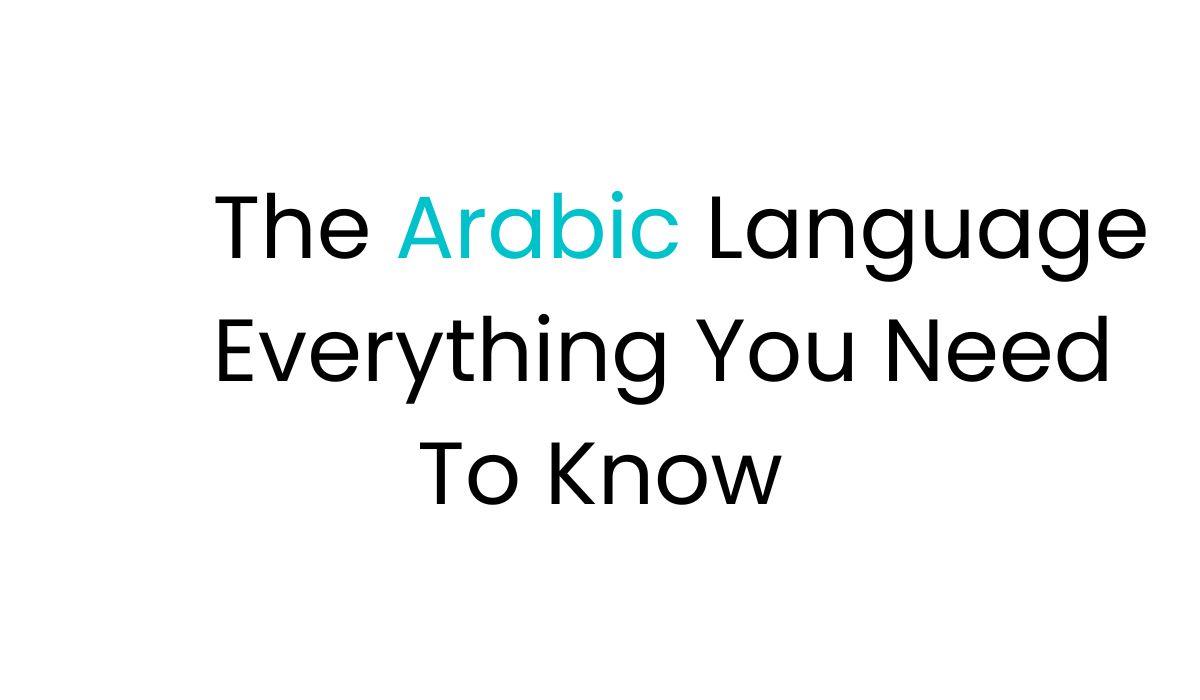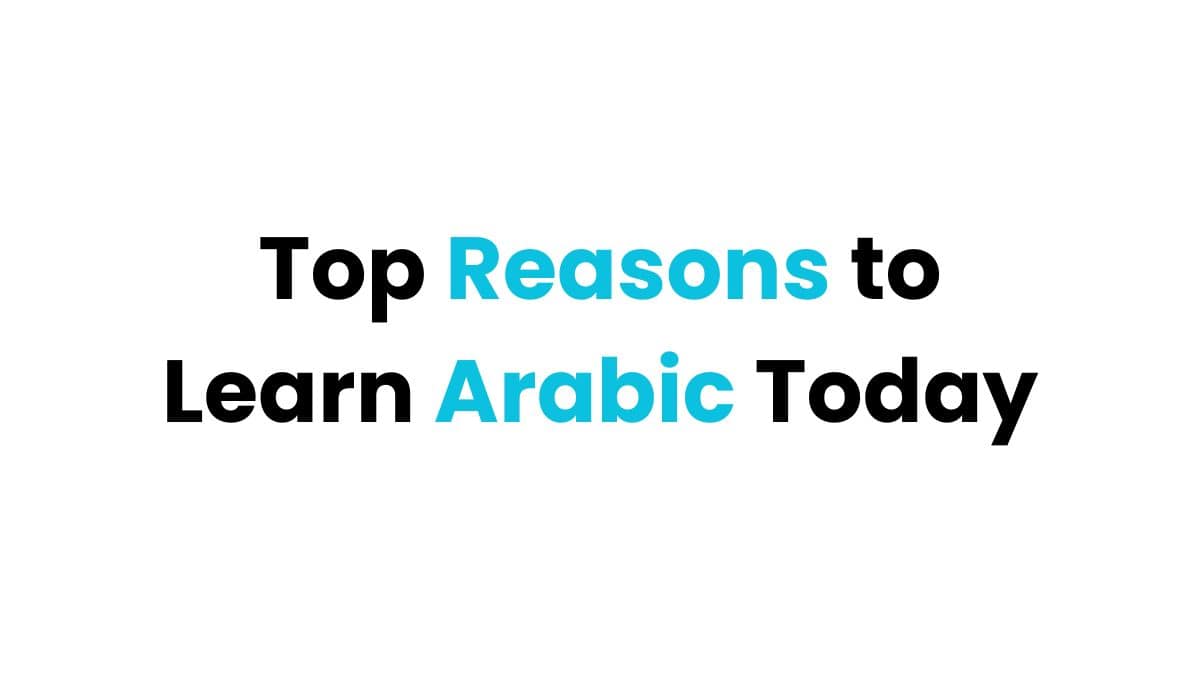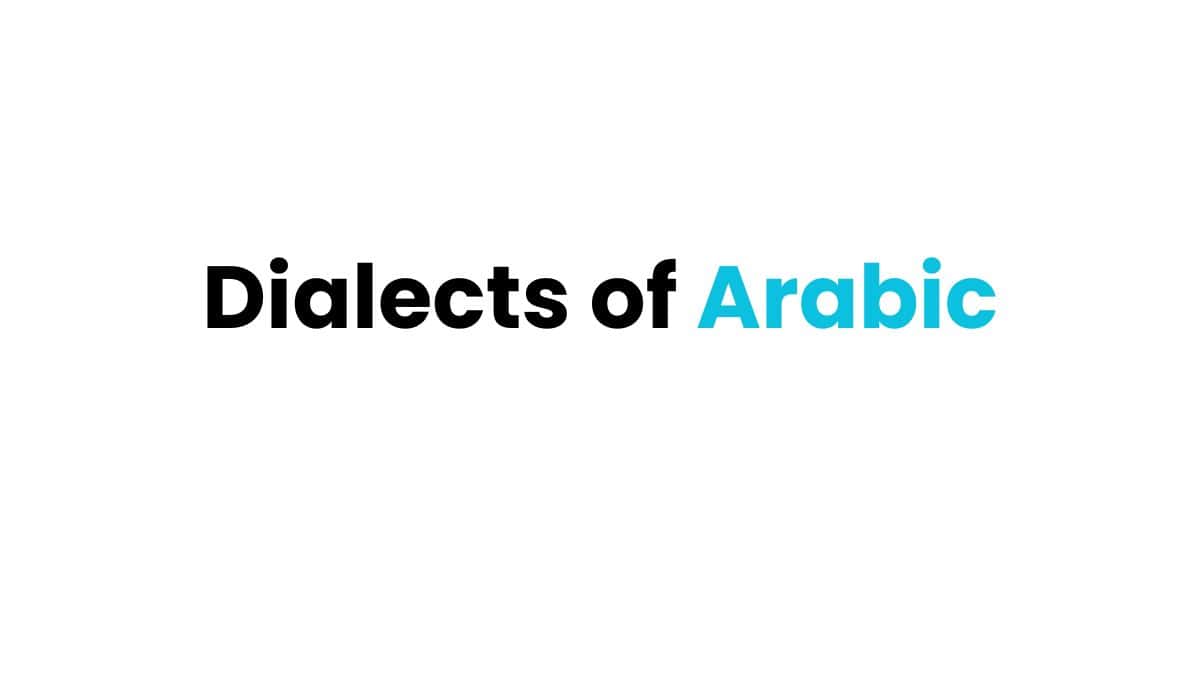Explore the lively world of Egyptian Arabic, the most spoken Arabic dialect worldwide. It’s spoken by over 100 million Egyptians. This Masri dialect is not just a language; it’s a cultural treasure that links millions across the Arab world.
This variant of Arabic is a linguistic treasure, showing Egypt’s deep history. It has influences from French and Turkish, and its sounds are unique. This dialect gives a peek into Egypt’s cultural richness.
Learning Masri Arabic opens up new ways to communicate and understand culture. Whether you love languages, travel, or work with Arabic speakers, this guide will help you grasp its beauty.
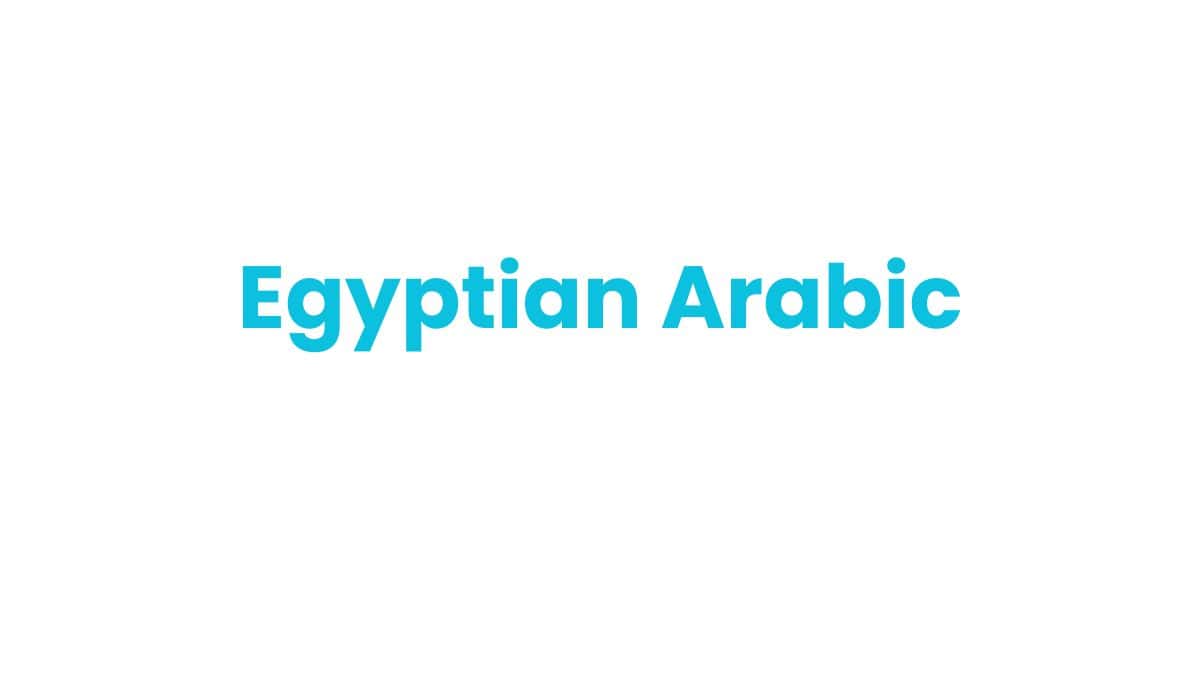
Key Takeaways
- Egyptian Arabic is spoken by over 100 million people
- The dialect has unique linguistic influences from multiple languages
- Egyptian Arabic dominates media across Arabic-speaking regions
- It differs significantly from Modern Standard Arabic
- Learning Masri Arabic provides cultural and communication advantages
- Key Takeaways
- The Official Language Context
- Global Linguistic Influence
- Cultural Impact in the Arab World
- Vocabulary Variations
- Pronunciation Differences
- Grammatical Structure Changes
- Everyday Greetings
- Useful Phrases for Travelers
- Cultural Expressions
- Online Learning Platforms
- Language Exchange Programs
- Recommended Study Materials
- What exactly is Egyptian Arabic?
- How different is Egyptian Arabic from Modern Standard Arabic?
- How many people speak Egyptian Arabic?
- Is Egyptian Arabic an official language?
- What are the historical influences on Egyptian Arabic?
- Why should I learn Egyptian Arabic?
- How challenging is it to learn Egyptian Arabic?
- Can learning Egyptian Arabic help me understand other Arabic dialects?
- What resources are best for learning Egyptian Arabic?
- How different are Egyptian Arabic dialects within Egypt?
What is Egyptian Arabic and Its Significance
Egyptian Arabic, also known as Cairene Arabic, is a lively language that goes beyond borders. It’s not just a way to talk; it’s a cultural force that links millions in the Arab world.
Masri Arabic is spoken by about 103 million people globally. This amazing language is divided into:
- 78 million native speakers (L1)
- 25 million second language speakers (L2)
- Mostly spoken in Egypt
The Official Language Context
Even though Modern Standard Arabic is Egypt’s official language, Egyptian Colloquial Arabic is used every day. It’s everywhere in Egyptian life, from chats on the street to TV shows.
Global Linguistic Influence
Cairene Arabic’s impact is huge, reaching far beyond Egypt. Egypt’s strong media, like movies and TV, have made this dialect a lingua franca in Arabic-speaking areas.
Cultural Impact in the Arab World
The dialect’s influence is deep, with special traits like:
- Over 12,000 words with Ancient Egyptian roots
- Significant Turkish linguistic influences
- Notable English adaptations in modern terminology
Egyptian dialect keeps changing, showing the lively culture of its speakers. It remains a key way to communicate across the Middle East.
The Evolution of Masri Dialect Through History
The Arabic spoken in Egypt, known as Masri, is a captivating journey through time. It shows how culture and history have shaped language. Egyptian is a special dialect, blending many influences to tell Egypt’s story.
Its development spans several important periods:
- Ancient Coptic Roots: The language of pre-Islamic Egypt greatly influenced early Masri Arabic
- Ottoman Turkish Impact: 500 years of Ottoman rule brought many Turkish words
- European Language Influences: French and English added new words and phrases
“Language is the road map of a culture. It tells you where its people come from and where they are going.” – Rita Mae Brown
The diversity of Masri Arabic shows its complex history. Here are some interesting facts about this lively dialect:
| Language Influence | Estimated Impact |
|---|---|
| Coptic Language | Foundational linguistic structure |
| Turkish Language | Significant vocabulary additions |
| French Language | Sophisticated urban expressions |
| English Language | Modern technological terms |
Today, Egyptian dialect is a symbol of language strength, with over 76 million speakers. Its unique traits make it more than just a way to talk. It’s a living piece of Egypt’s cultural history.
Key Differences Between Egyptian Arabic and Modern Standard Arabic
Arabic language learners often find interesting differences between Egyptian and Modern Standard Arabic (MSA). These differences include vocabulary, pronunciation, and grammar. This makes Masri Arabic a special and unique language.
Vocabulary Variations
Egyptian dialect has a rich mix of words from different languages. It includes:
- Many loanwords from Turkish, French, and English
- Unique slang terms like “النَهَارْدَة” (today) and “أيوَة” (yes)
- Words that sound different from standard Arabic
Pronunciation Differences
The way Egyptian is spoken is quite different from Modern Standard Arabic. Key differences include:
- Using ‘g’ instead of ‘j’ in cities like Cairo and Alexandria
- More relaxed and informal sound patterns
- Simplified pronunciation of complex consonant clusters
Grammatical Structure Changes
Cairene Arabic makes many grammar rules simpler than in Modern Standard Arabic:
| Feature | Modern Standard Arabic | Egyptian Arabic |
|---|---|---|
| Case Endings | Strict grammatical cases | Simplified or omitted |
| Verb Conjugation | Complex conjugation rules | More straightforward structures |
| Passive Voice | Frequently used | Less prominent |
Knowing these differences helps learners see how special Egyptian dialect is. It shows the language’s rich cultural background.
Related post: The World Of Arabic Dialects
Understanding Egyptian Colloquial Arabic Basics
Diving into Nile Valley Arabic shows a world beyond traditional learning. Informal Egyptian Arabic is a lively way to communicate. It’s filled with cultural expressions and daily talks.
Egyptian Colloquial Arabic is more than a dialect. It’s a living language that shows Egypt’s deep history. It has:
- Core Arabic roots
- Borrowed words from Coptic
- Turkish influences
- French and English linguistic contributions
Pronunciation in Egyptian dialect is different from Modern Standard Arabic. Speakers use softer vowel sounds and unique tones. These capture the area’s language details.
“Egyptian is not just a language, it’s a cultural passport to understanding the heart of Egypt.”
There are regional variations too. Cairo’s dialect might differ from Alexandria’s or Upper Egypt’s. These small changes highlight the dialect’s lively nature.
Learning Egyptian Colloquial Arabic brings you closer to the culture. It lets you talk like a local, get media, and move through social scenes with ease.
Common Expressions and Essential Phrases in Egyptian Arabic
Egyptian Arabic, or Masri dialect, is full of lively expressions. These phrases help travelers connect with the local culture. They also make it easier to get around and talk to people.
Everyday Greetings
Learning Egyptian greetings can change how you interact with people. Here are some key phrases:
- Ahlan wa sahlan (Welcome) – A warm greeting used everywhere
- Salaam ‘alei-kum (Hello) – A traditional greeting
- Sabah il khayr (Good morning) – For saying hello in the day
- Masa’ il khayr (Good evening) – For saying hello in the evening
Useful Phrases for Travelers
Travelers can find it easier to communicate with these Egyptian phrases:
- Bikam da? (How much is this?) – Great for shopping
- Law samaht (Please) – Shows politeness
- Shukran (Thank you) – A way to say thank you
- Ma’lish (No problem) – A handy phrase
Cultural Expressions
Egyptian has special phrases that show the culture:
“Language is the road map of a culture. It tells you where its people come from and where they are going.” – Rita Mae Brown
- Habibi (My love) – Used in friendly talks
- Tes-lam (Good wishes) – For saying thank you
- Ya-sta (Hey, friend) – A casual way to say hello
Knowing these phrases in Egyptian lets travelers and language lovers see the unique way Egyptians communicate.
The Influence of Egyptian Arabic in Media and Entertainment
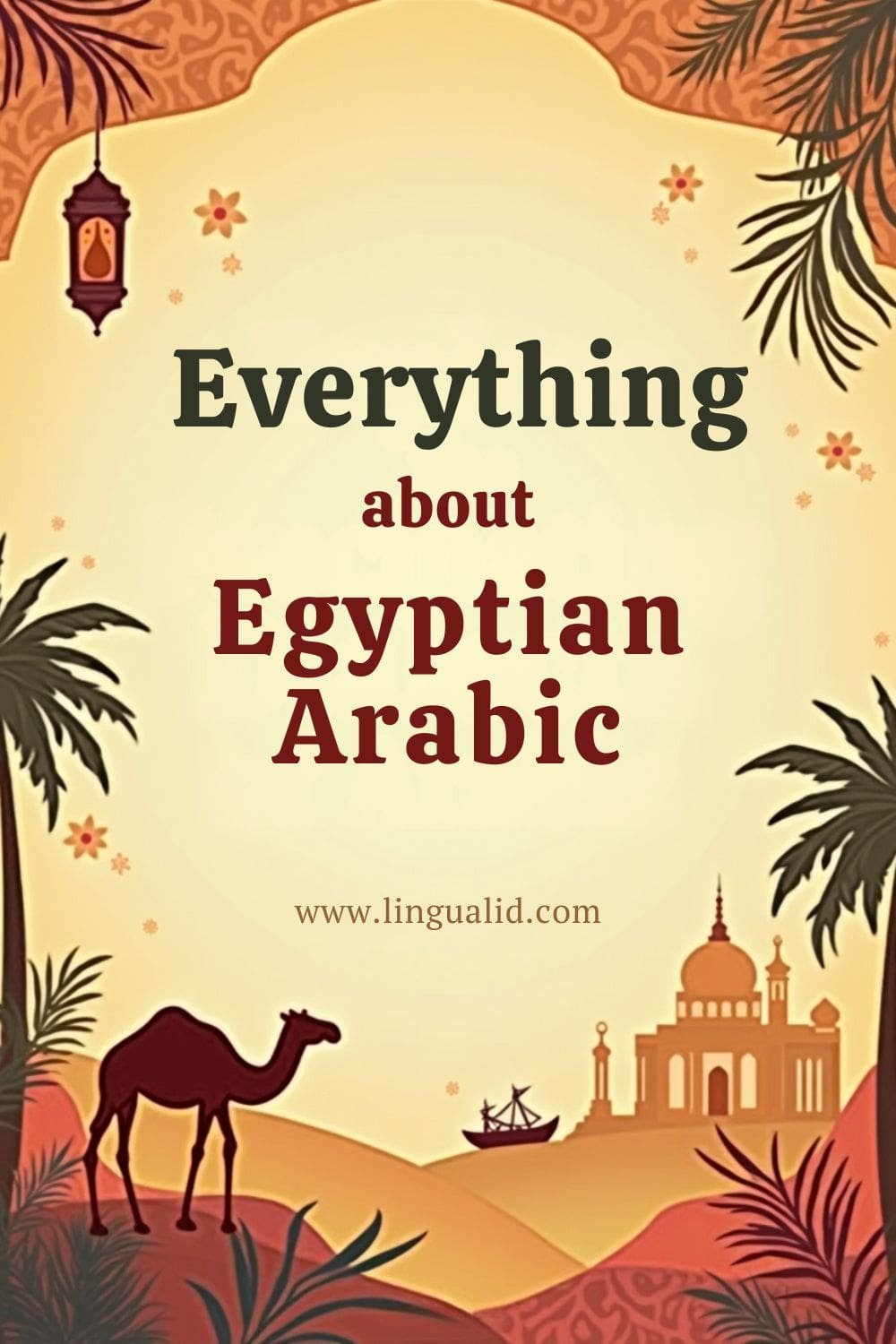
Egypt is known as the Hollywood of the East. It has a huge impact through its lively media and entertainment world. Cairene Arabic is a key language that reaches far across the Arab world. It changes how people talk and enjoy cultural shows.
The Egyptian Radio and Television Union (ERTU) is key in spreading Egyptian Colloquial Arabic. It uses TV and radio stations all over. With about 43,000 workers, it makes sure the dialect is heard by many.
“Media is becoming the primary language model for both educated and uneducated Arabic speakers”
- 95% of everyday talks in Egypt are in spoken Masri Arabic.
- 70% of mass entertainment uses Egyptian.
- Big private satellite networks like Dream TV make the dialect more known.
Digital platforms have made the dialect even more popular. With 54.7 million internet users, Egyptian Arabic grows online. It goes beyond old media ways.
| Media Platform | Egyptian Arabic Influence |
|---|---|
| Television | Primary communication medium |
| Social Media | Expanding dialect’s reach |
| Online Content | Increasing linguistic diversity |
Egyptian Arabic shapes language and culture in the Arab world. It’s a strong way to communicate.
Learning Resources and Study Methods
Learning Egyptian Arabic needs a smart plan. The Urban Arabic dialect brings its own set of challenges and chances for those eager to explore it.
Exploring Egyptian learning is both fun and fulfilling. Students can choose from many ways to improve their skills in this lively Arabic dialect.
Online Learning Platforms
Digital tools have changed language learning. Key sites for Egyptian Arabic include:
- The Arab Academy (comprehensive online courses)
- AUC Press Arabic Learning Catalogue
- Specialized websites like talkinarabic.com
- Interactive language apps with Egyptian dialect content
Language Exchange Programs
Talking with native speakers speeds up learning. Good exchange options are:
- iTalki for personalized language exchanges
- Preply for one-on-one tutoring
- Social media language learning groups
- University-sponsored language partner programs
Recommended Study Materials
| Resource Type | Recommended Materials |
|---|---|
| Textbooks | AUC Press Egyptian Dialect Guides |
| Listening Resources | Egyptian Podcasts like “Droos” |
| Media Resources | Egyptian Movies, TV Shows, YouTube Channels |
Regular practice and getting immersed are key to mastering Egyptian dialect. Try different learning methods to make your journey more rewarding.
Cultural Benefits of Learning Egyptian Arabic
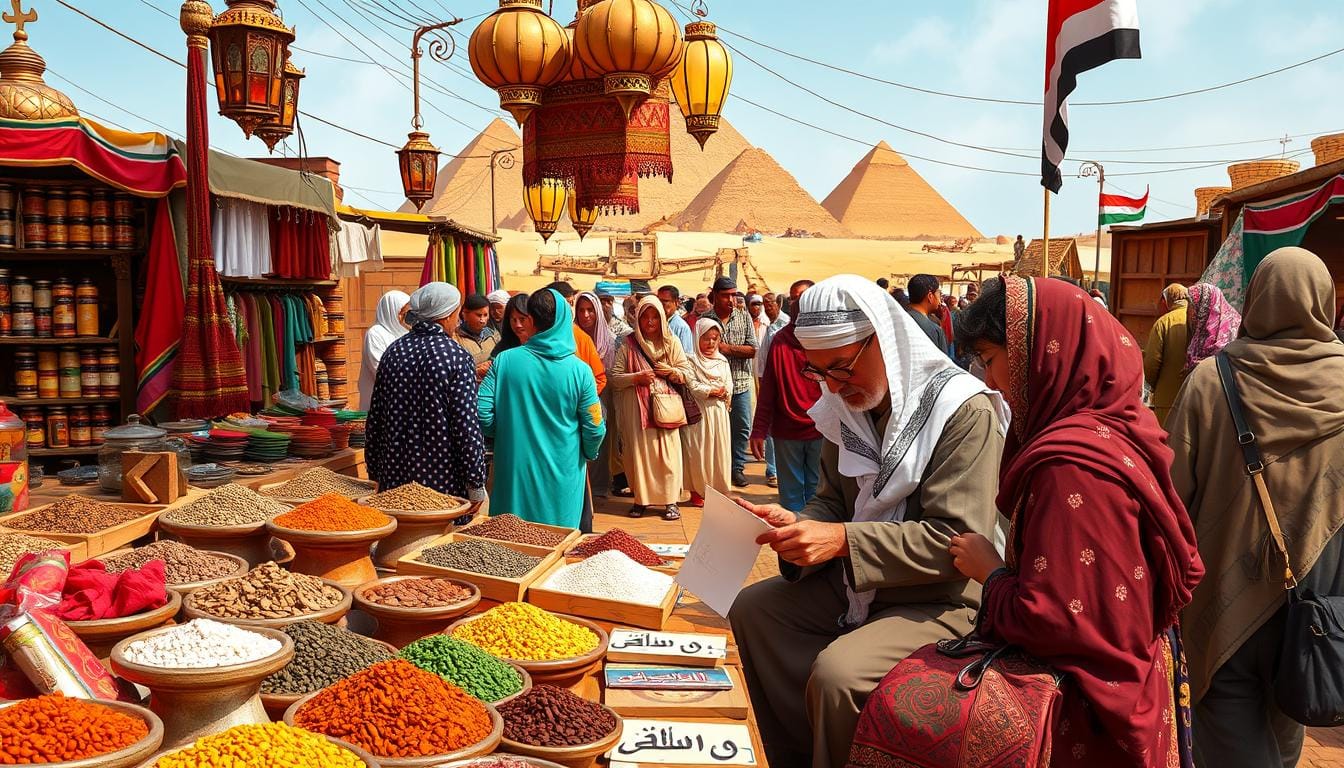
Learning this Arabic dialect opens a world of vibrant culture. It’s the main language for over 106 million Egyptians. It’s not just about speaking; it’s a key to deeper cultural connections.
Learning Egyptian brings many benefits:
- Enhanced travel experiences in Egypt
- Deeper connections with local communities
- Access to authentic cultural insights
- Improved understanding of media and entertainment
Egyptian slang is key to real interactions. Locals love when foreigners try to speak their dialect. Travelers who learn Egyptian dialect have five times more cultural encounters than those using apps.
“Speaking Masri Arabic is like having a secret key to unlock the heart of Egyptian culture”
The dialect’s history is rich, shaped over 3,000 years. It shows Egypt’s complex culture, from Coptic roots to modern days.
Learning this dialect brings many rewards:
- Improved comprehension of Egyptian media
- Better understanding of local humor
- More authentic travel experiences
- Deeper cultural appreciation
With 80% of conversations in dialects, learning Egyptian dialect makes you a cultural insider.
Conclusion
Learning Informal Egyptian dialect opens a door to a lively language scene in the Arab world. It has over 110 million speakers. This dialect is more than a way to talk; it’s a cultural gem that links people across different backgrounds.
Exploring Masri Arabic is a unique adventure. It’s different from Modern Standard Arabic because it’s easier and more lively. Its simple grammar and words from many languages make it fun for those who love languages and culture.
Nile Valley Arabic shows Egypt’s deep culture. Learning this dialect lets you see into a language that has lasted for thousands of years. It brings the spirit of Egypt, its humor, and social subtleties alive, unlike textbook Arabic.
Your journey with Masri Arabic is not just about learning a language. It’s a chance to connect with a culture that has shaped human history for ages. It’s great for personal growth, work, or just to understand Egyptian society better. Take on the challenge, enjoy the trip, and let this Arabic dialect change how you see things.
FAQ
What exactly is Egyptian Arabic?
How different is Egyptian Arabic from Modern Standard Arabic?
How many people speak Egyptian Arabic?
Is Egyptian Arabic an official language?
What are the historical influences on Egyptian Arabic?
Why should I learn Egyptian Arabic?
How challenging is it to learn Egyptian Arabic?
Can learning Egyptian Arabic help me understand other Arabic dialects?
What resources are best for learning Egyptian Arabic?
How different are Egyptian Arabic dialects within Egypt?
Oualid Cheddadi is the founder of Lingualid, a platform that inspires independent language learners worldwide, regardless of the language they are learning. The name “Lingualid” is derived from the Portuguese word for “language,” “língua,” and the last three letters of Oualid’s name, “Lid.”

